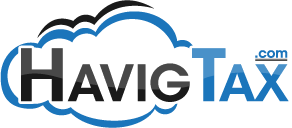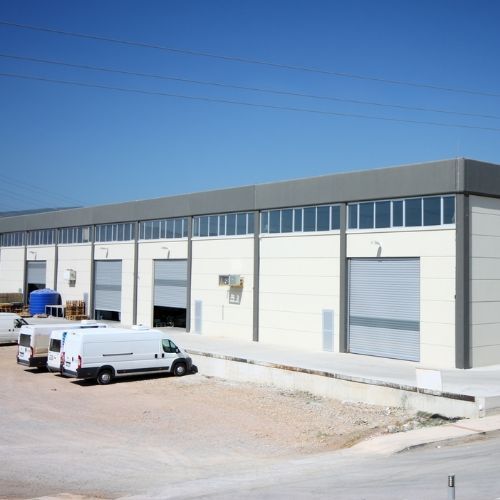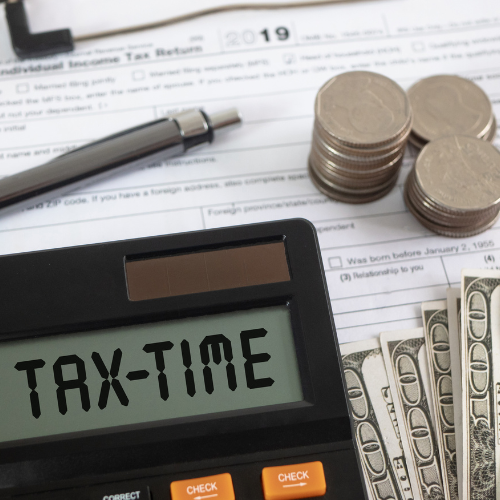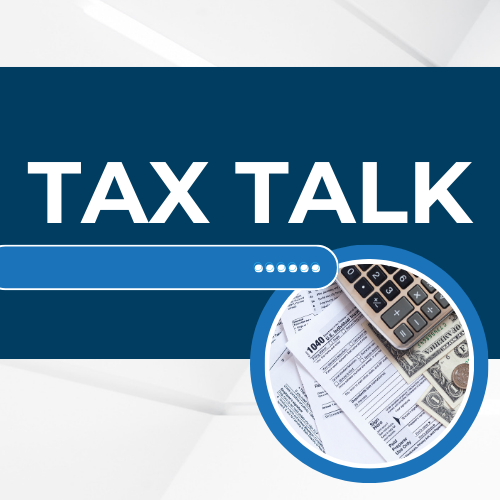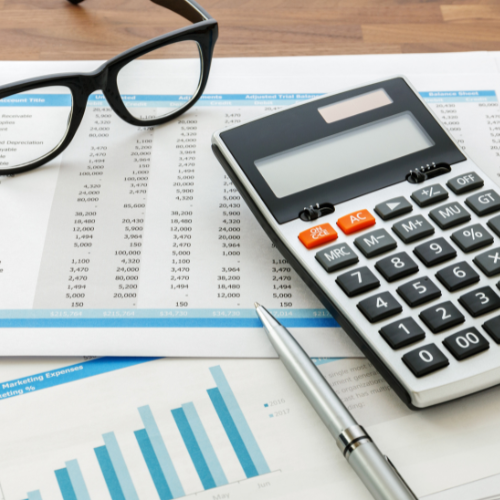Why Savvy Investors Use a 1031 Exchange
Exploring the 1031 Exchange: A Powerful Tax Strategy for Real Estate Investors

The 1031 exchange is a popular tax strategy among real estate investors, offering significant tax deferral benefits. Named after Section 1031 of the Internal Revenue Code, this strategy allows investors to defer capital gains taxes when they sell a property, provided they reinvest the proceeds into a similar property. Here's an overview of how the 1031 exchange works and why it's a valuable tool for real estate investors.
Understanding the Basics of a 1031 Exchange
A 1031 exchange, also known as a like-kind exchange, allows investors to defer paying capital gains taxes on the sale of an investment property by reinvesting the proceeds into another qualifying property. The key requirement is that the new property must be of "like-kind" to the one sold, which broadly means it must also be used for investment or business purposes. This flexibility enables investors to upgrade their portfolios, diversify holdings, or shift to different property types without immediate tax liabilities.
Key Requirements and Timelines
To successfully complete a 1031 exchange, investors must adhere to specific requirements and timelines:
- Like-Kind Properties: The properties involved must be of like-kind. This term is quite broad and includes most real estate properties used for business or investment purposes, such as exchanging a rental property for a commercial building.
- Identification Period: Within 45 days of selling the original property, the investor must identify potential replacement properties. The identification must be in writing and submitted to a qualified intermediary.
- Exchange Period: The acquisition of the new property must be completed within 180 days of the sale of the original property. This timeline runs concurrently with the 45-day identification period.
- Use of a Qualified Intermediary: A qualified intermediary (QI) must facilitate the exchange. The QI holds the proceeds from the sale and uses them to purchase the replacement property, ensuring the investor does not receive the funds directly, which would trigger a taxable event.
Benefits of a 1031 Exchange
The primary advantage of a 1031 exchange is the deferral of capital gains taxes, allowing investors to leverage more capital for reinvestment. This tax deferral can lead to substantial savings, especially for investors who frequently buy and sell properties. Additionally, investors can strategically use 1031 exchanges to reposition their portfolios, consolidate assets, or shift into properties with better income potential or appreciation prospects.
Strategic Considerations
While a 1031 exchange offers significant tax benefits, it’s essential to plan carefully and work with experienced professionals to navigate the process. Investors should ensure they understand the rules and deadlines, identify suitable replacement properties promptly, and consult with tax advisors and real estate experts to maximize the benefits.
In summary, a 1031 exchange is a powerful tax strategy that allows real estate investors to defer capital gains taxes while growing their portfolios. By understanding the rules and requirements, investors can make informed decisions and capitalize on this opportunity to enhance their investment strategies. Of course, it's necessary to consult with a trusted tax professional and professional advisory firm in order to properly execute this kind of tax strategy, so be sure to reach out to our office when you're ready to begin.
Quick Links
Contact Information
Business Hours
- Mon - Fri
- -
- Sat - Sun
- Closed
